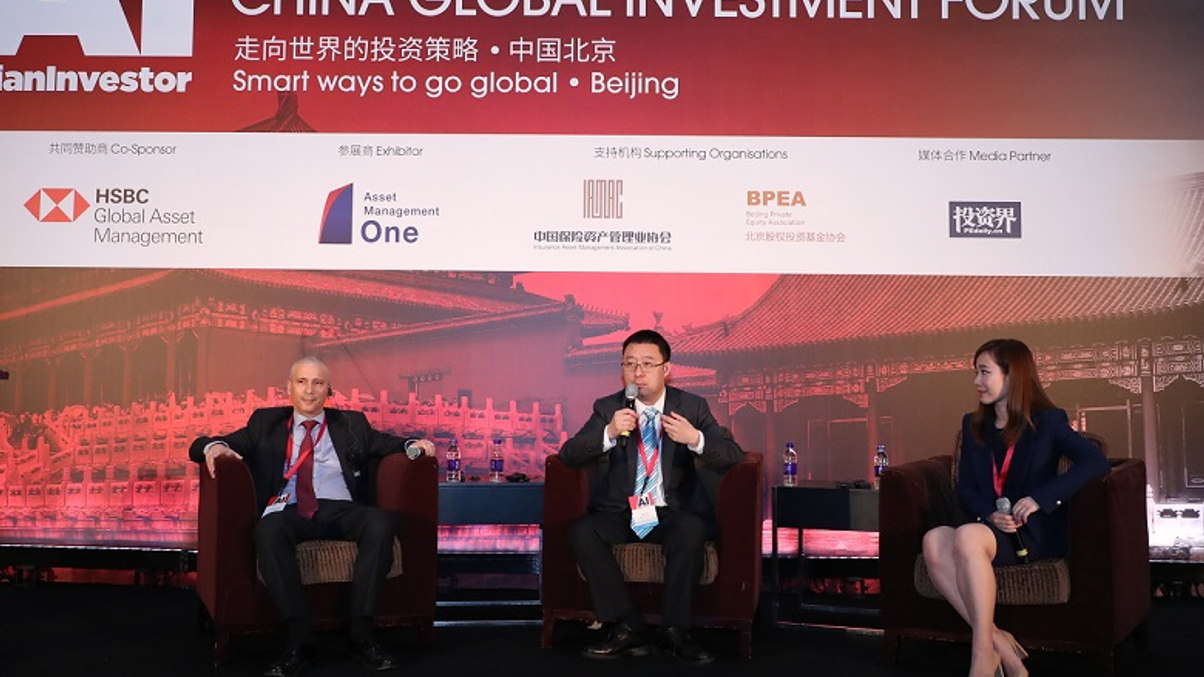ICBC-Axa Life says PE funds could be a 'buy' next year
The Shanghai-based joint venture favours private equity funds in both onshore and overseas markets in its search for higher yields. But the investment comes with certain risks.

Next year could be an ideal time for Chinese investors to invest in private equity funds, including those offshore, with yields likely to compensate for the added exchange rate risk as liquidity conditions tighten onshore.
Sign in to read on!
Registered users get 2 free articles in 30 days.
Subscribers have full unlimited access to AsianInvestor
Not signed up? New users get 2 free articles per month, plus a 7-day unlimited free trial.
¬ Haymarket Media Limited. All rights reserved.


